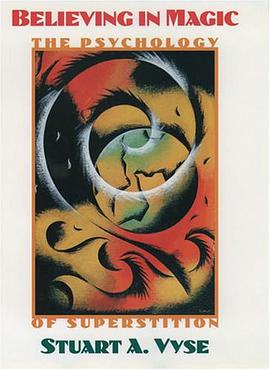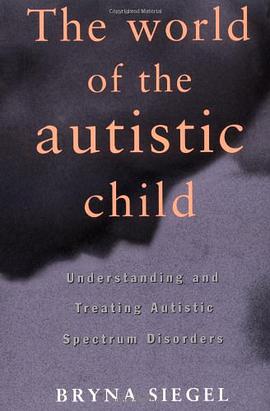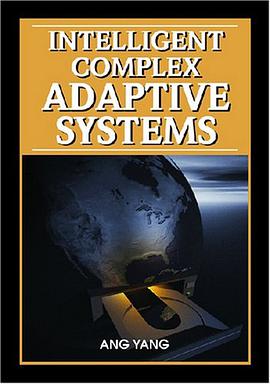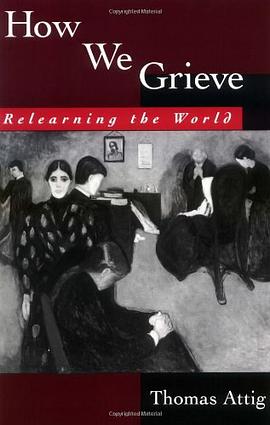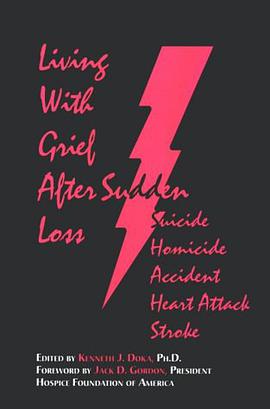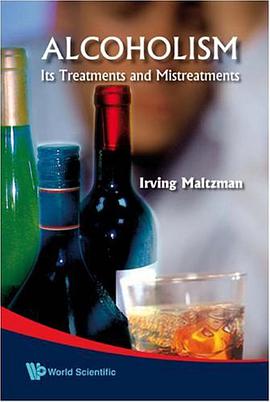

This important book provides a review of the Minnesota Model of alcoholism treatment, which combines current clinical treatments and the 12-step principles of Alcoholics Anonymous with the goal of abstinence. It critically examines the research base supporting cognitive behavior therapy approaches to alcoholism. Using evidence from biosociobehavioral science and critical analyses of alcoholism treatment outcome literature, the book rebuts the view of cognitive behavior therapists that alcoholism is nothing but a bad habit .
This book fills a vital need, describing which alcoholism treatments work and which do not. It is an invaluable guide to the helping professions caring for alcoholics, alcoholism counselors, social workers, nurses, clinical psychologists and psychiatrists as well as the intelligent layperson interested in alcoholism and its treatment. It also serves as a textbook for alcoholism courses and as an ancillary text for abnormal psychology courses.
Contents: A Biosociobehavioral Disease Conception of Alcoholism; Alcoholism Treatments and Mistreatments; What Makes Alcoholics Anonymous Work; Expectancy Theory and Research: Balderdash; Self-selection of Alcoholism Treatment Goals: Harm Reduction or Induction; Little Albert Redux II: Bias and Lack of Scholarship in Textbooks; Sociology of Science and Alcoholism Studies.
具體描述
讀後感
評分
評分
評分
評分
用戶評價
相關圖書
本站所有內容均為互聯網搜索引擎提供的公開搜索信息,本站不存儲任何數據與內容,任何內容與數據均與本站無關,如有需要請聯繫相關搜索引擎包括但不限於百度,google,bing,sogou 等
© 2025 qciss.net All Rights Reserved. 小哈圖書下載中心 版权所有






